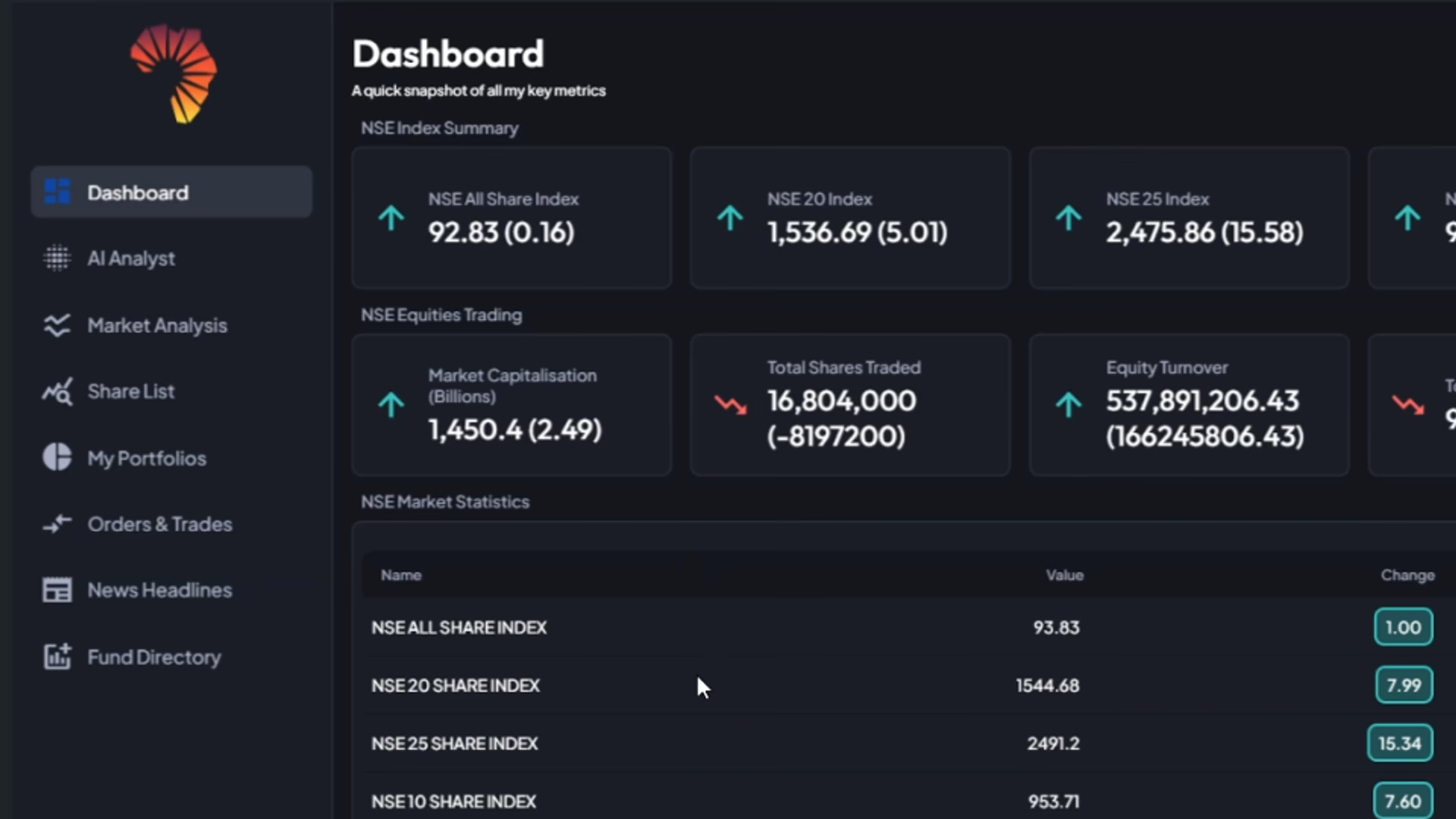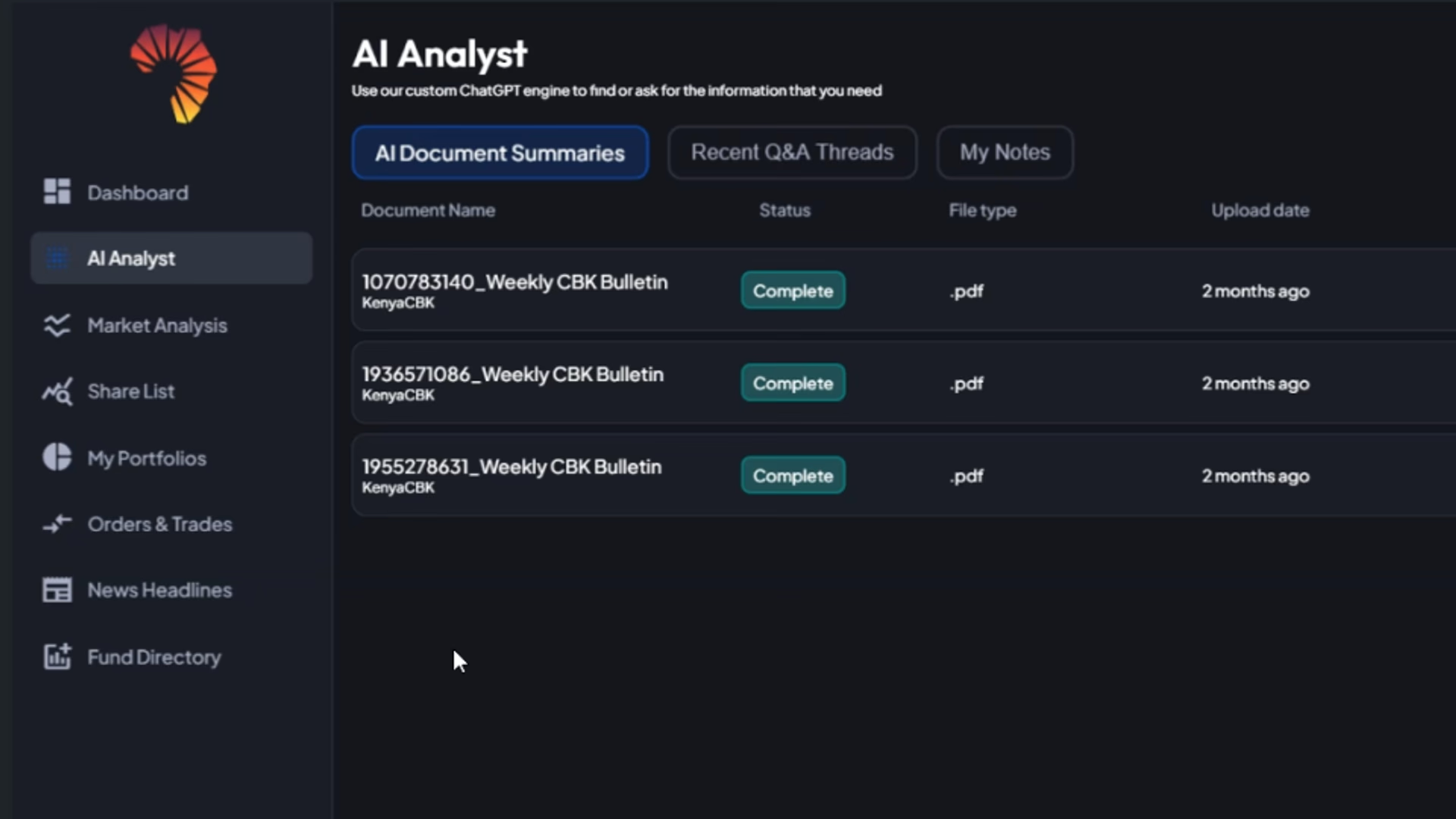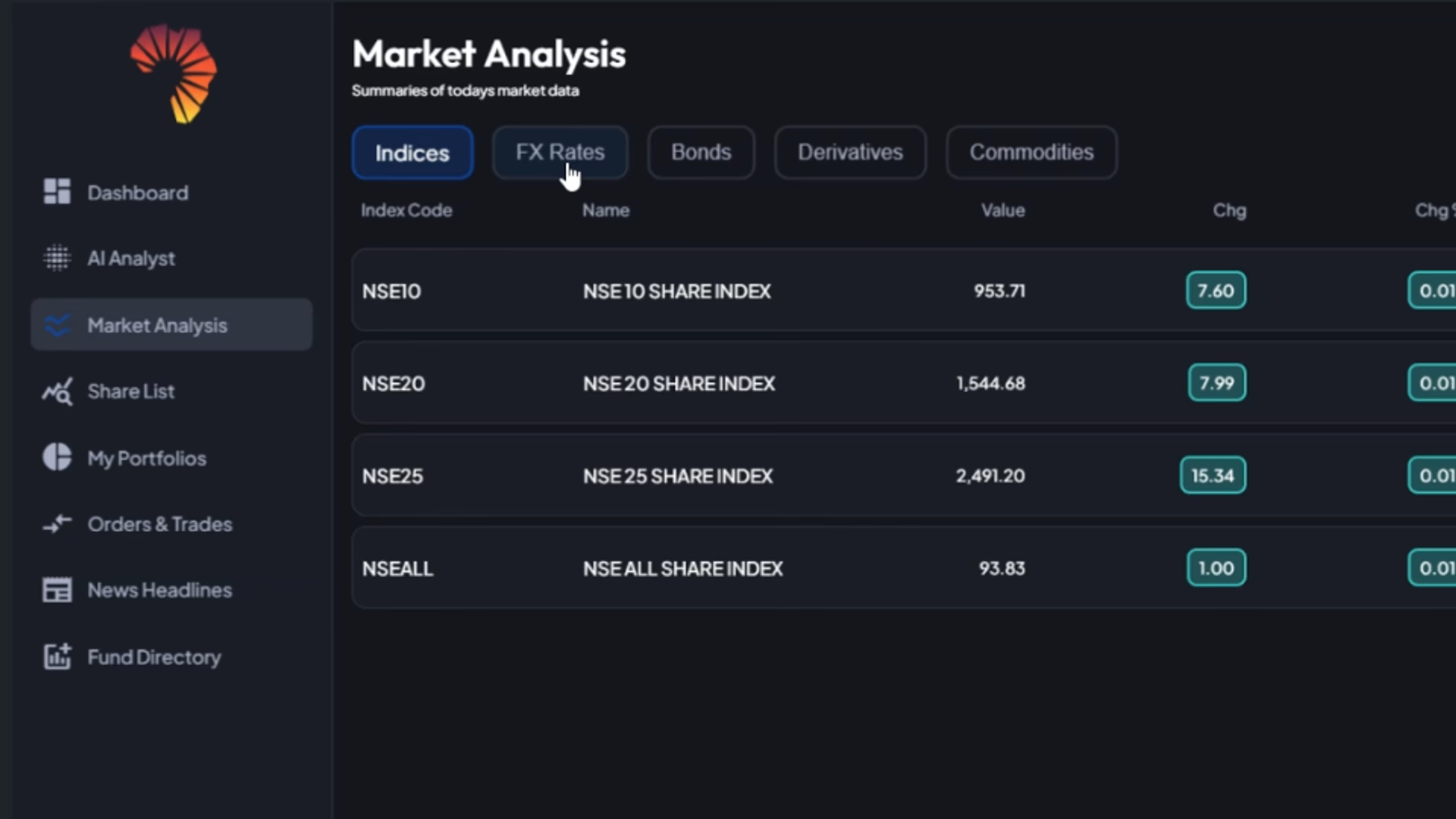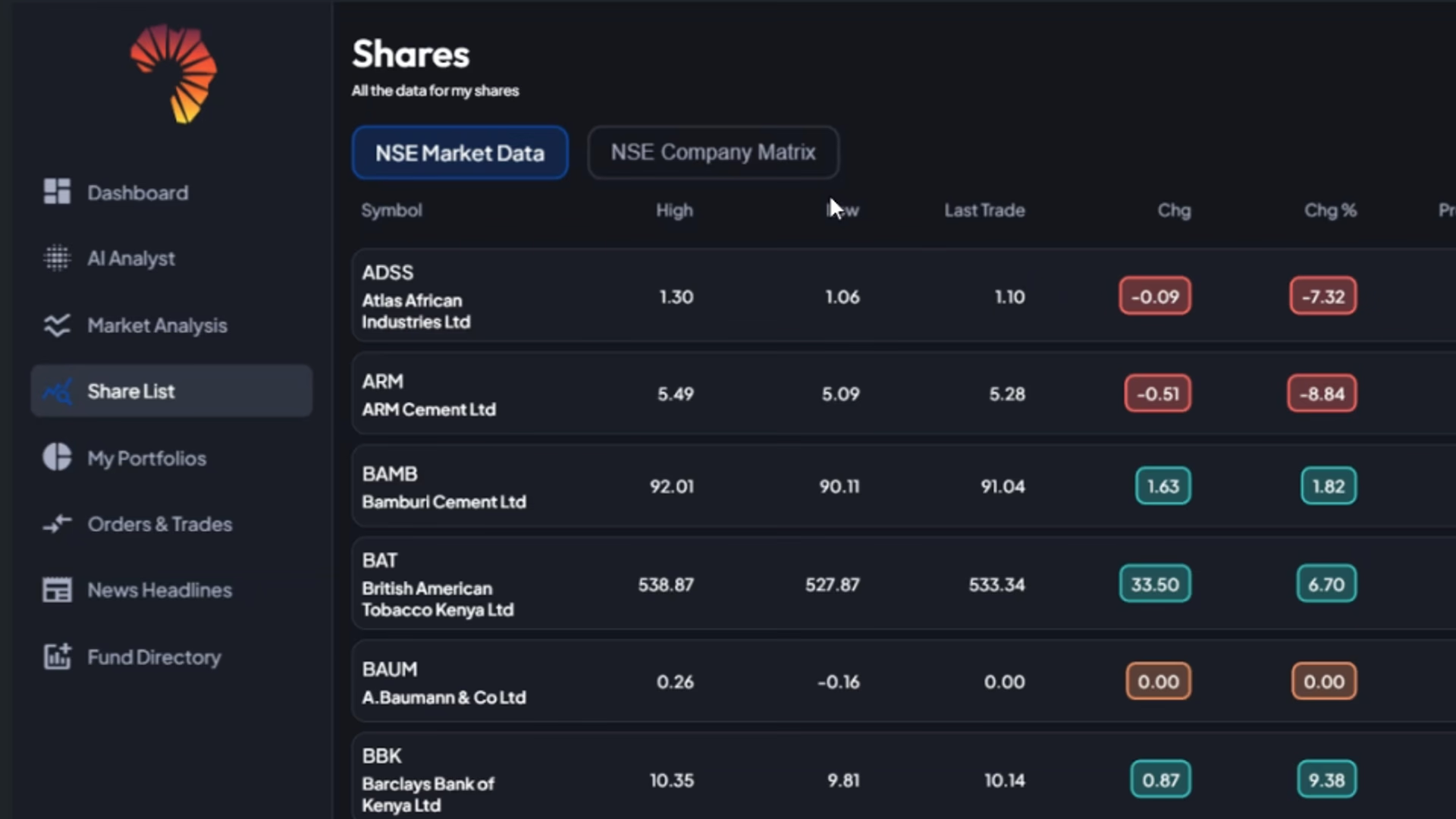The Kenya economy has been under pressure with the shilling depreciating piling pressure on the BOP. The prevailing yield of 8.9% compared to a coupon of 6.875% has made the bond attractive to secondary market investors.
Investors in the international market are demanding a premium on buying 10 years Eurobond in the secondary market to reflect the country economics struggles i.e. they are reacting to the crisis that has plagued the Kenyan economy last year and this year. Rising yield indicates prices have fallen since issuance (They move in opposite Direction) to the disadvantages of the seller who has to discount on the initial buying price when selling their bond.
At near 9%, yield is attractive ,the country has spent much of 2015 and now 2016 stumbling from one crisis to the next making it very difficult for investors to get comfortable with what would otherwise be one of Africa best stories. Investors are more sensitive to negatives headlines and policy weakness, depreciation of KSH, pilling pressure on the BOP as imports become more expensive, questions raised by politicians and some economists over use of the Eurobond proceeds which would potentially spooks investors leading them to demand a higher risk premium on Kenyan debt issues in international market.
While the yield on offer in the secondary market has risen, Kenya still is paying interest at the coupon rate of 6.875% on the bind meaning that there is no rise in the interest payable
Theuri Paul
Financial & Investment Analyst
Twitter @paultheuri87




